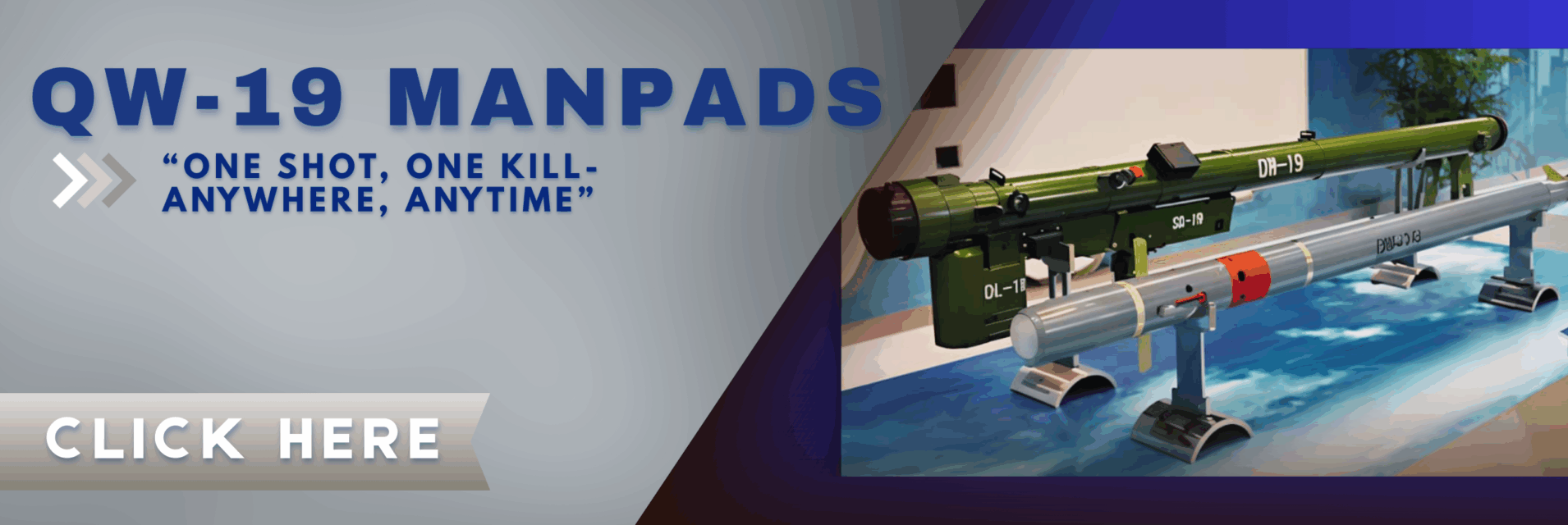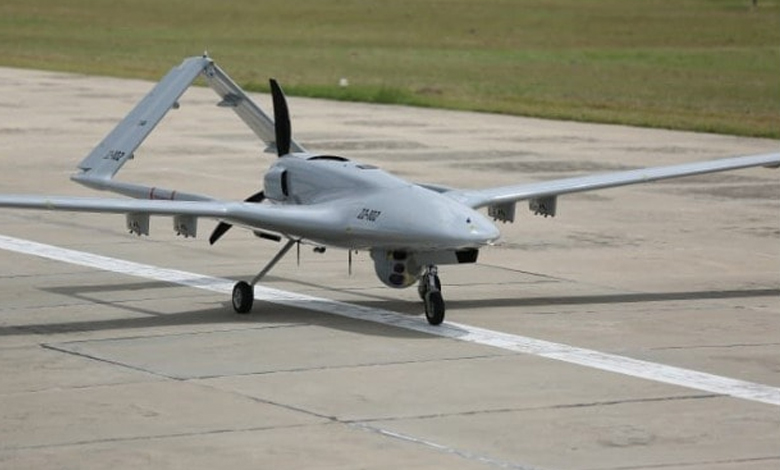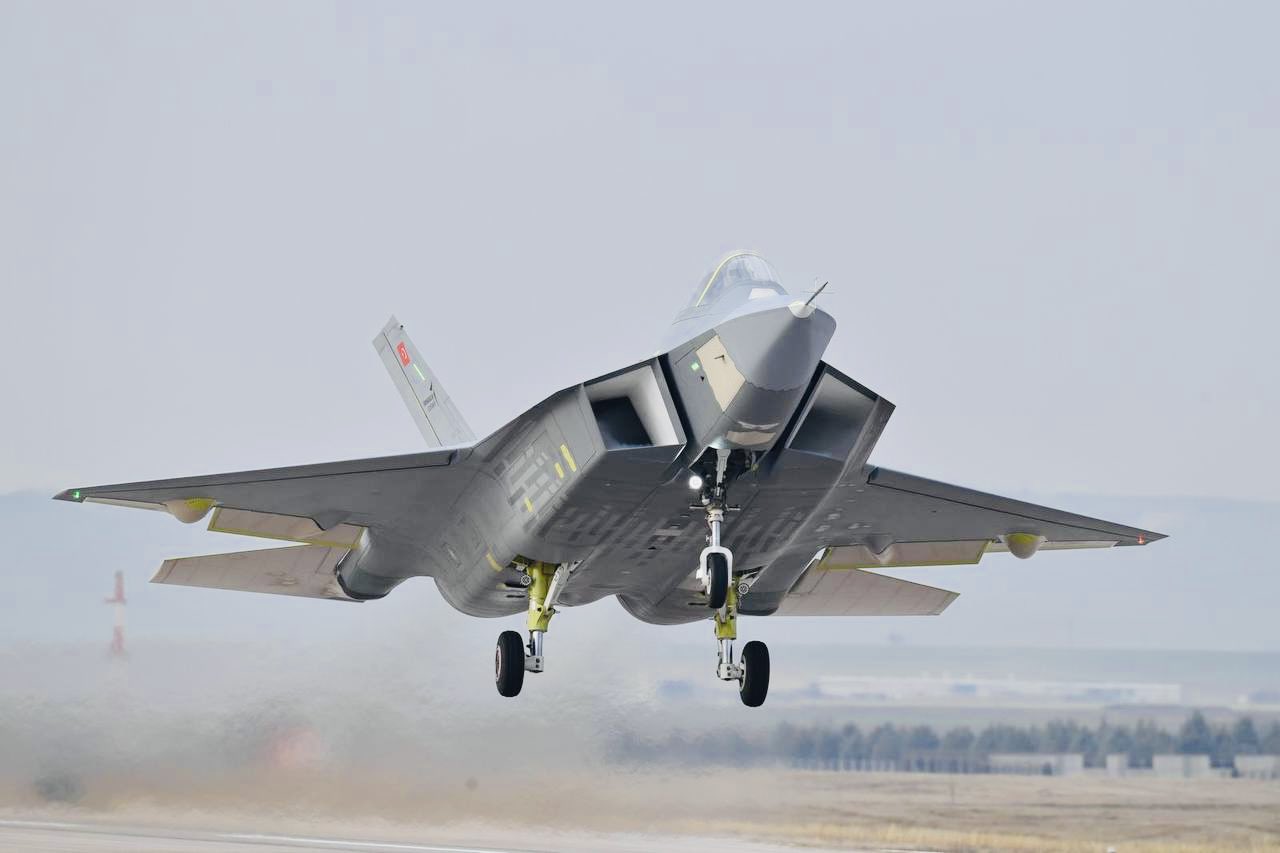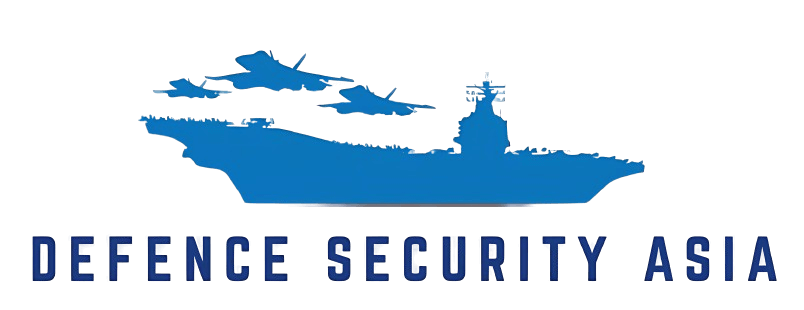Turkey “Bans” All Arms and Defense Exports to India
Relations between Turkey and India have been strained in recent years due to Ankara's strong support for Islamabad in its conflicts with New Delhi, while India has been a staunch supporter of Greece in its disputes with Ankara.


(DEFENCE SECURITY ASIA) — Turkey is reportedly adopting a policy to “ban” any arms and defence product exports to India, one of the world’s largest importers.
While this decision has strategic and geopolitical implications, it was not widely publicized and only came to light through the minutes of a recent meeting of Turkey’s Parliamentary Foreign Affairs Committee.
The minutes quote Mustafa Murat Seker, Deputy Chairman of Turkey’s Defence Industry Agency (SSB), who inadvertently disclosed the country’s policy towards India.
The SSB is responsible for the development and procurement of defense equipment for Turkey.
Although the issue is sensitive, Seker informed the committee that not a single item classified as military equipment has been approved for sale by the Turkish government to any Indian customer.
Despite concerns about the public exposure of this ban, the committee’s minutes were obtained by the Nordic Research Monitoring Network, an organization monitoring terrorism, security, and military issues.

“India, for example, is among the world’s top five arms importers, a massive market importing billions of dollars worth of weapons.
However, due to our political stance and friendship with Pakistan, Turkey’s Ministry of Foreign Affairs does not grant any permits to Turkish (defense) companies for exports to India,” Seker stated.
Turkey’s decision follows years of strained diplomatic relations with India, largely due to Turkey’s strong support for Pakistan in its conflicts with India.
India has also taken positions on international issues involving Turkey.
For instance, during the Nagorno-Karabakh conflict, Turkey supported Azerbaijan while New Delhi backed Armenia. Both Turkey and India provided arms to Azerbaijan and Armenia, respectively.
In the ongoing dispute between Turkey and its traditional rival Greece, India has increasingly supported Athens. Recently, New Delhi offered to sell “BrahMos” anti-ship missiles to the Greek military.

This move comes as both nations seek to strengthen their defense and security ties following Indian Prime Minister Narendra Modi’s visit to Greece last year, followed by Greek Prime Minister Kyriakos Mitsotakis’ visit to New Delhi in February.
In April, Greece sent its Chief of General Staff, General Dimitrios Choupis, to New Delhi at the invitation of his Indian counterpart, General Anil Chauhan, for discussions on closer defense cooperation.
Greek defense experts are urging their government to acquire strategic weapon systems from India, including the jointly developed Indian-Russian “BrahMos” cruise missiles, to protect Greece’s territories in the Aegean, Crete, and Cyprus.
Meanwhile, Turkey has been selling various weapons to Pakistan, from warships to armed drones such as the Bayraktar and Akinci, to bolster South Asian country’s military.
These Turkish-supplied armed drones are also being used to monitor the volatile India-Pakistan border.
India’s intelligence agencies are concerned about Pakistan’s acquisition of the formidable Turkish-made Akinci drones, particularly when paired with the Bayraktar TB2 drones developed by Turkish company Baykar Technology.

A former Indian intelligence officer cited by a defense portal highlighted that the acquisition of Akinci drones demonstrates Pakistan’s ongoing efforts to enhance its defense capabilities, including the objective of reclaiming Jammu and Kashmir, currently held by New Delhi.
“By acquiring these armed unmanned aircraft, Pakistan continues to assert its intention to take control of Jammu and Kashmir,” said N K Sood, a former officer of India’s primary foreign intelligence agency, the Research and Analysis Wing (RAW).
Pakistan is also reportedly set to join Turkey’s fifth-generation fighter jet development program, KAAN. — DSA


Comments are closed.